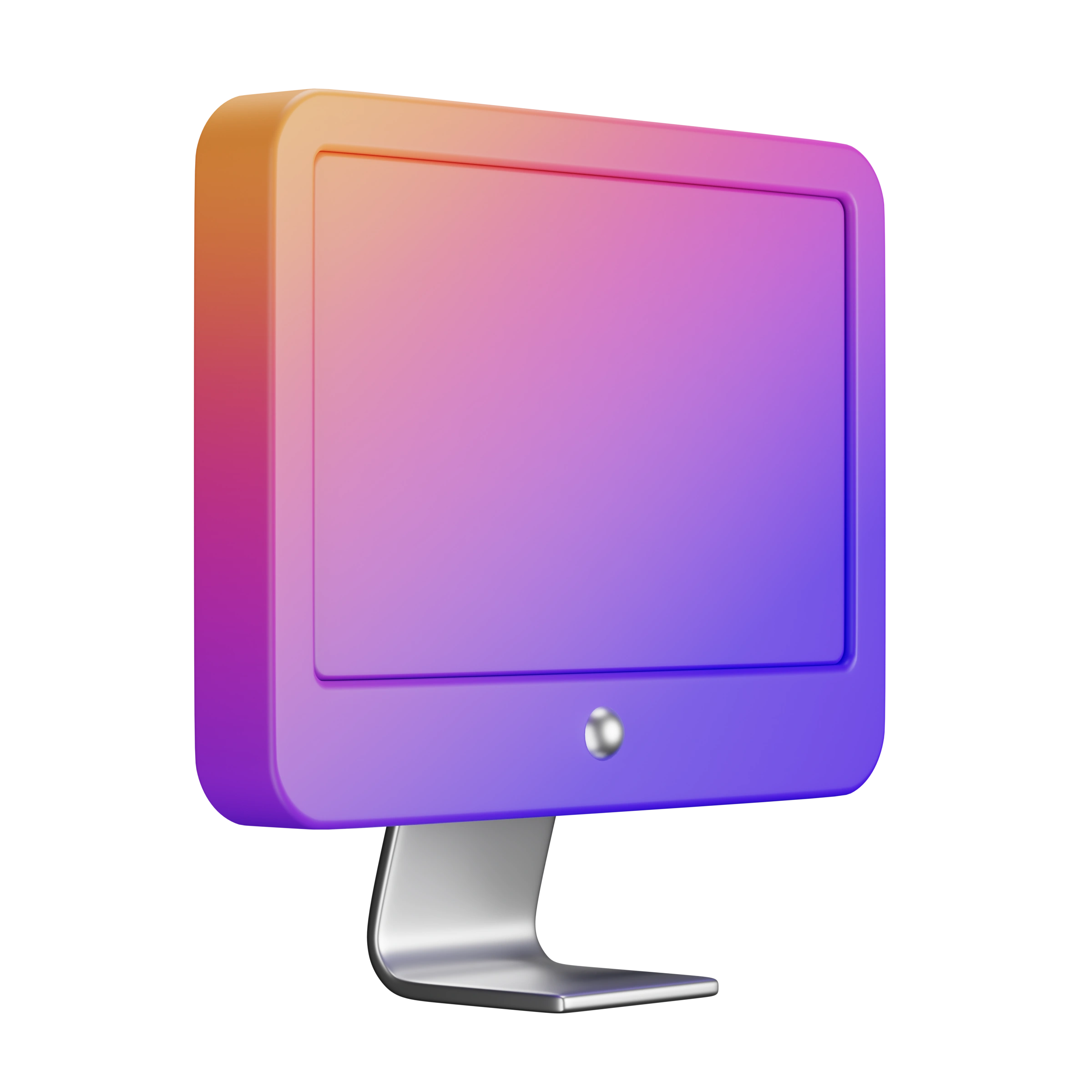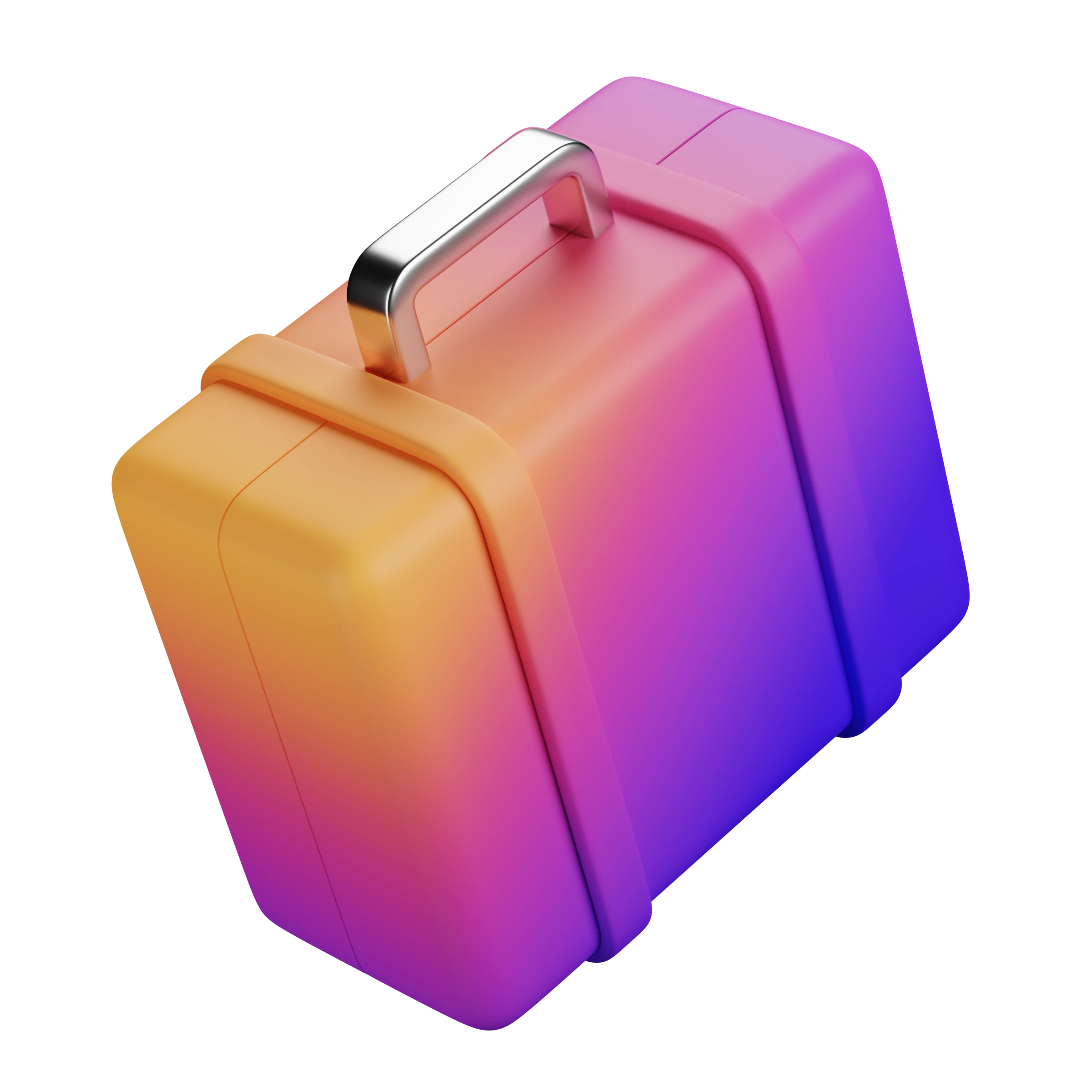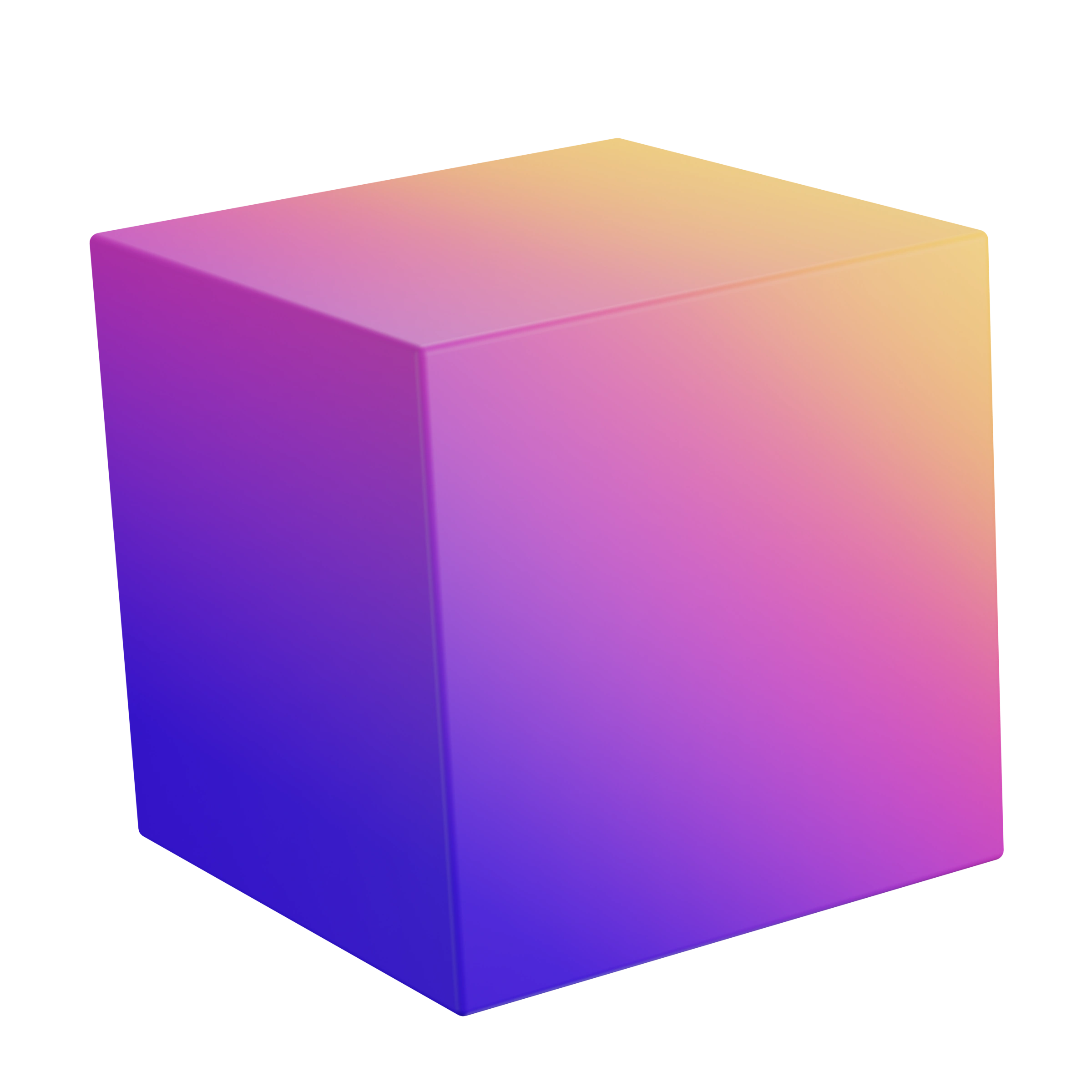Classes
Learn with a certified C# teacher.
Our live classes are designed to provide you with the best learning experience. Our certified C# teachers are dedicated to helping you achieve your language goals. Whether you're a beginner or an advanced learner, our live classes are tailored to suit your needs.



